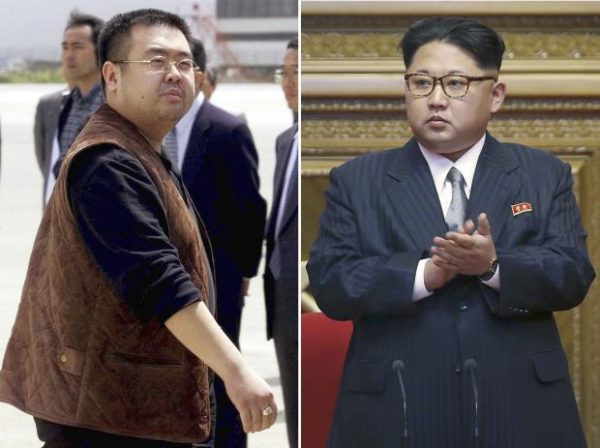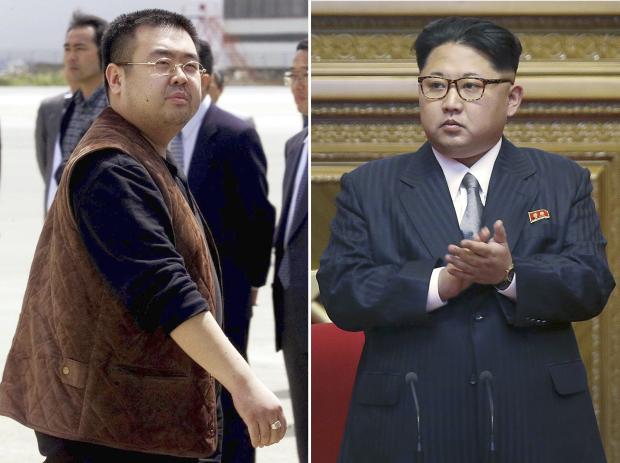North Korea has reacted for the first time to Kim Jong-nam’s assassination saying that Malaysia is responsible for the death of one of its citizens and is attempting to politicize the return of his body.
It does not name Kim Jong-nam, but the KCNA report appears to be state media’s first reference to the death of Kim Jong-un’s half-brother.
Kim Jong-un died after being poisoned at Kuala Lumpur airport and his body remains in a hospital mortuary.
Several North Koreans are wanted in connection with his death.
They include a senior official at the North Korean embassy in Kuala Lumpur as well as an employee of the state airline, Air Koryo.
Four other North Koreans named earlier in the case are thought to have left Malaysia already, while another North Korean is in detention.
Malaysia’s police chief Khalid Abu Bakar said on February 23 that he had asked international police agency Interpol to issue an alert for the four.
On February 22, Malaysian police confirmed that Kim Jong-nam died after two women – also in detention – wiped a toxin on his face while he was waiting for a flight to Macau.
It said the attack was “planned” and that the women had been well trained. They have not directly blamed the North Korean state, but said North Koreans were clearly behind it.
Kim Jong-nam was once seen as a possible successor to his father, Kim Jong-il, but was bypassed in favor of his younger half brother, Kim Jong-un, and spent many years living abroad.
He had been travelling on a passport under the name Kim Chol.
Malaysia says it believes the man was indeed Kim Jong-nam, the estranged half-brother of Kim Jong-un, though it is seeking family DNA samples for official confirmation, a request North Korea called “absurd”.
KCNA said only that “a citizen of the DPRK [Democratic People’s Republic of Korea]” who was traveling on a diplomatic passport had died due to “a heart stroke”.
It said reports of a poisoning were false and Malaysia was part of an “anti-DPRK conspiratorial racket launched by the South Korean authorities”.
Conducting a post-mortem on the holder of a diplomatic passport without state permission was “a wanton human rights abuse and an act contrary to human ethics and morality”, it said.
“The biggest responsibility for his death rests with the government of Malaysia,” said the KCNA report, and the refusal to hand the body back to North Korean officials “proves that the Malaysian side is going to politicize the transfer of the body in utter disregard of international law and morality and thus attain a sinister purpose”.
